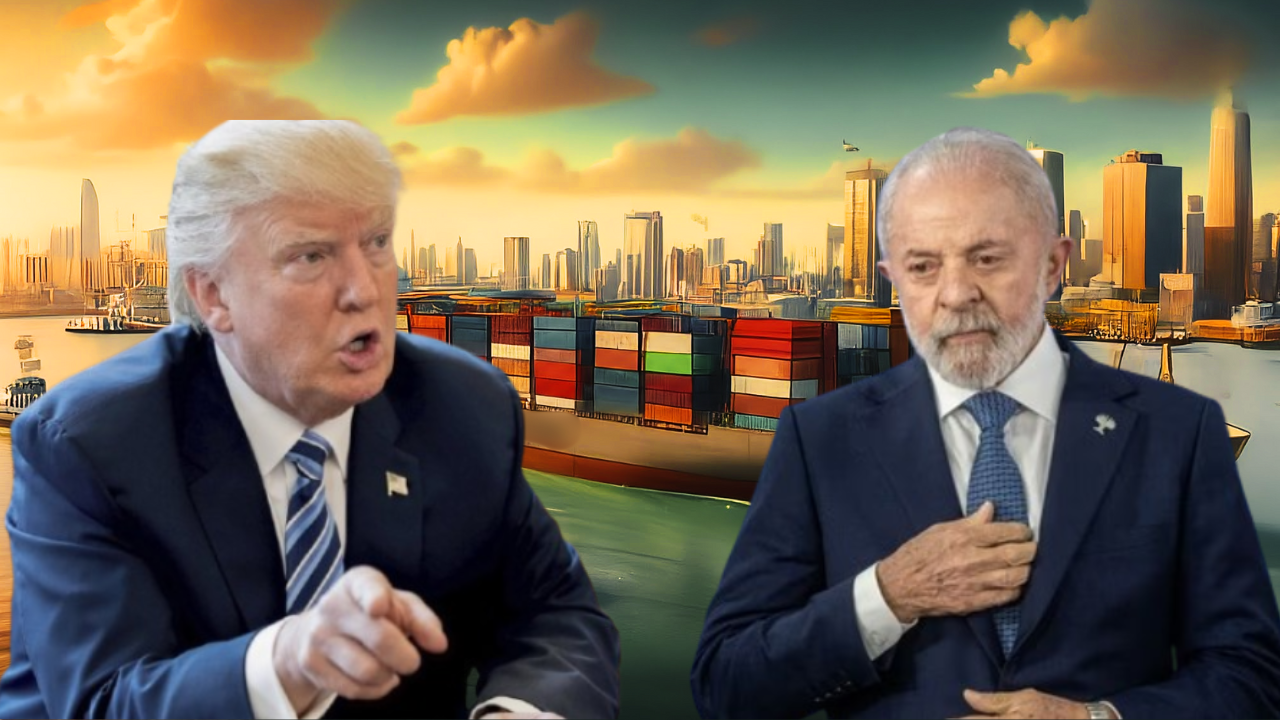50% tariff & 'witch hunt' cry: Why Trump is going all-out against Brazil

Texas ignored Kerr County's flood risk pleas, leaving residents unprepared as delayed alerts compounded the crisis, while a Bengaluru woman scammed 30 people in a fraudulent kitty party scheme.

All major sources, one page
Feel the mood behind headlines
Know what’s trending, globally
Get summaries. Save time
8,391
145
211
4 hours ago
Stay sharp in 60 seconds. Get concise summaries of today’s biggest stories — markets, tech, sports, and more
All major sources, one page
Feel the mood behind headlines
Know what’s trending, globally
Get summaries. Save time
8,391
145
211
4 hours ago
Stay sharp in 60 seconds. Get concise summaries of today’s biggest stories — markets, tech, sports, and more